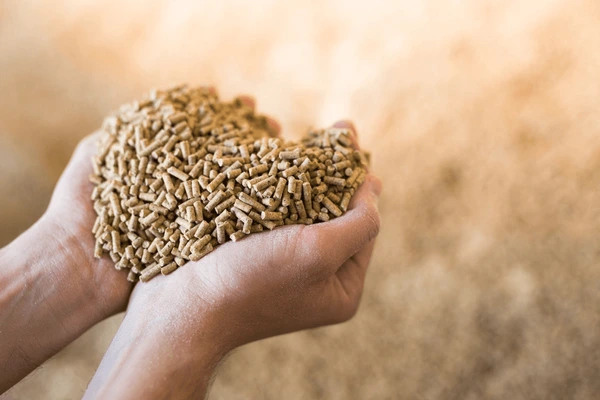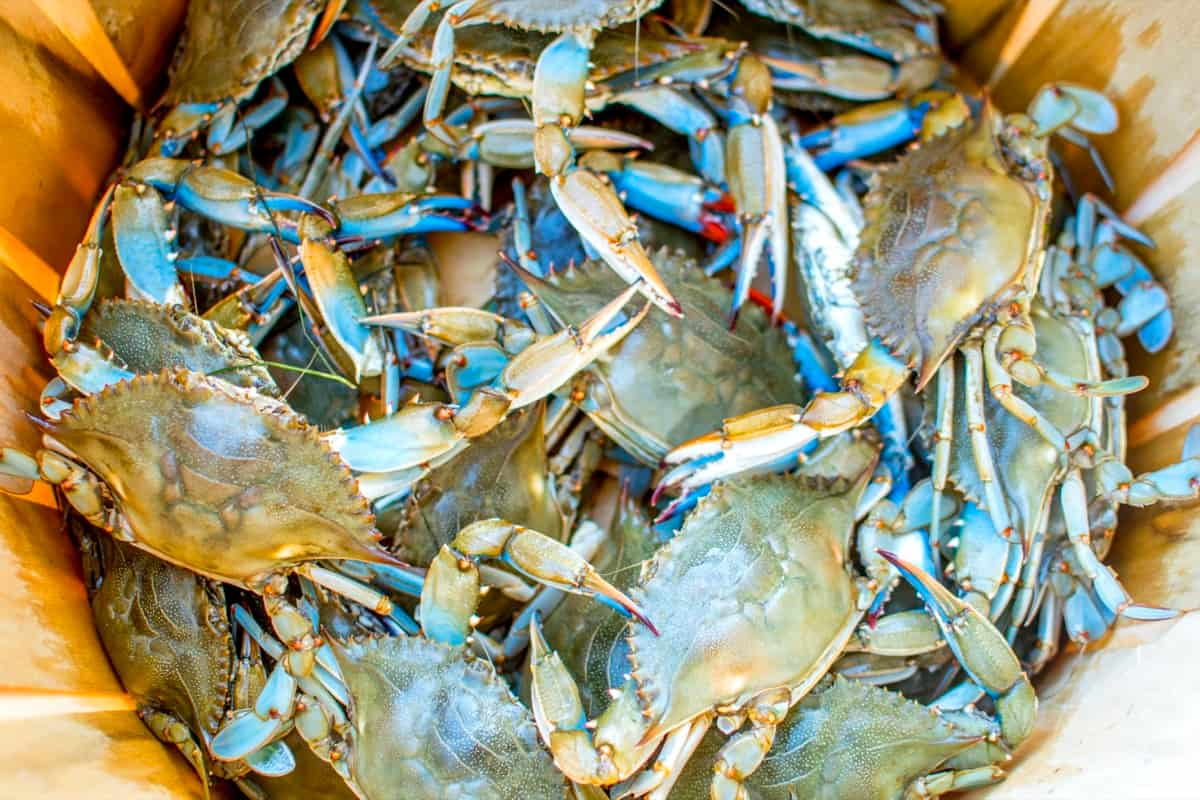Animal Nutrition and Feed: A Comprehensive Guide
Animal Nutrition and Feed plays a critical role in ensuring the health, well-being, and productivity of livestock, pets, and other animals. Proper feeding practices not only contribute to their overall health and growth but also impact factors like product quality (e.g., milk, eggs), reproduction, and disease resistance. This guide delves into the core aspects of animal nutrition and feed, covering essential concepts, considerations, and key information.
Understanding Animal Nutrition
At its core, animal nutrition is the science of providing animals with the necessary nutrients in the correct amounts and proportions to meet their specific needs. These needs are influenced by various factors, including:
- Species and breed: Different animal species have unique digestive systems and nutrient requirements. For example, ruminants like cows have a complex digestive system that allows them to break down cellulose, whereas monogastric animals like pigs require higher levels of readily digestible carbohydrates.
- Age and stage of life: Growing animals have different nutritional needs compared to adults, and pregnant or lactating animals require additional nutrients to support fetal development and milk production, respectively.
- Activity level: Animals with higher activity levels, like working horses or racing animals, require more energy in their diet compared to those with lower activity levels.
- Health status: Animals recovering from illness or injury may require specific dietary modifications to support healing and recovery.
Essential Nutrients for Animals
To function optimally, animals require a balanced diet containing various essential nutrients. These can be categorized into six main groups:
- Water: Water is crucial for all physiological processes, making up the largest portion of an animal’s body. It’s essential for digestion, temperature regulation, and waste elimination.
- Energy: Animals require energy for all bodily functions, including growth, maintenance, and reproduction. Energy is primarily derived from carbohydrates, followed by fats and proteins.
- Proteins: Proteins serve as building blocks for body tissues, enzymes, and hormones. They are essential for growth, development, and repair of tissues.
- Fats: Fats provide a concentrated source of energy and are also involved in various physiological processes like vitamin absorption and insulation.
- Minerals: Minerals are needed in various amounts for various functions. They are essential for skeletal development, muscle function, and enzyme activity. Examples include calcium, phosphorus, sodium, and potassium.
- Vitamins: Vitamins are essential organic compounds required in small amounts for various metabolic processes. They play crucial roles in immune function, vision, and nervous system function.
Types of Animal Feed
Animal feed is formulated to provide animals with the necessary nutrients in a balanced and cost-effective way. The specific type of feed used depends on various factors like the animal species, age, and stage of life. Here are some common types of animal feed:
- Forage: This includes grasses, legumes, and other plant materials consumed by grazing animals like cows and horses.
- Concentrates: These are typically higher-energy feedstuffs containing grains, oilseeds, and protein sources like soybean meal. They are often used to supplement the nutritional value of forage-based diets.
- Complete feeds: These are balanced diets containing all essential nutrients and are often used for intensively-managed animals like poultry and pigs.
- By-products: These are industrial by-products from food processing, such as brewers’ grains and distillers’ grains, that can be incorporated into animal feed at appropriate levels.
Considerations for Animal Feed Selection
Choosing the right type of animal feed is crucial for ensuring optimal animal health and performance. Here are some key factors to consider:
- Nutritional requirements of the animal: Different animal species and life stages have specific nutrient requirements that the feed must meet.
- Palatability: Animals are more likely to consume palatable feed, which can impact their intake and overall health.
- Digestibility: The feed ingredients should be readily digestible by the animal to ensure optimal nutrient absorption and utilization.
- Cost-effectiveness: The cost of the feed should be balanced with its effectiveness in meeting the animal’s needs.
- Sustainability: Choosing sustainable feed options that minimize environmental impact is becoming increasingly important.
The Importance of Animal Nutrition and Feed
Proper animal nutrition holds significant value and impacts various aspects. These include:
- Animal health and welfare: Providing animals with the right nutrients ensures their physical and mental well-being, reduces the risk of disease, and improves their lifespan.
- Productivity: Well-nourished animals are more productive, producing higher yields of milk, eggs, meat, or other products.
- Product quality: Animal nutrition can significantly influence the quality of animal products like the taste and nutritional value of meat and milk.
- Environmental impact: Sustainable feed practices can help minimize environmental impact by reducing waste, greenhouse gas emissions, and water usage.





